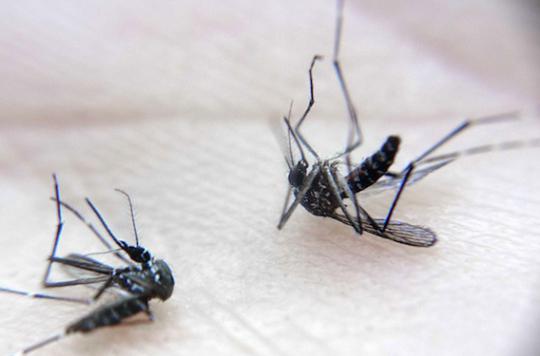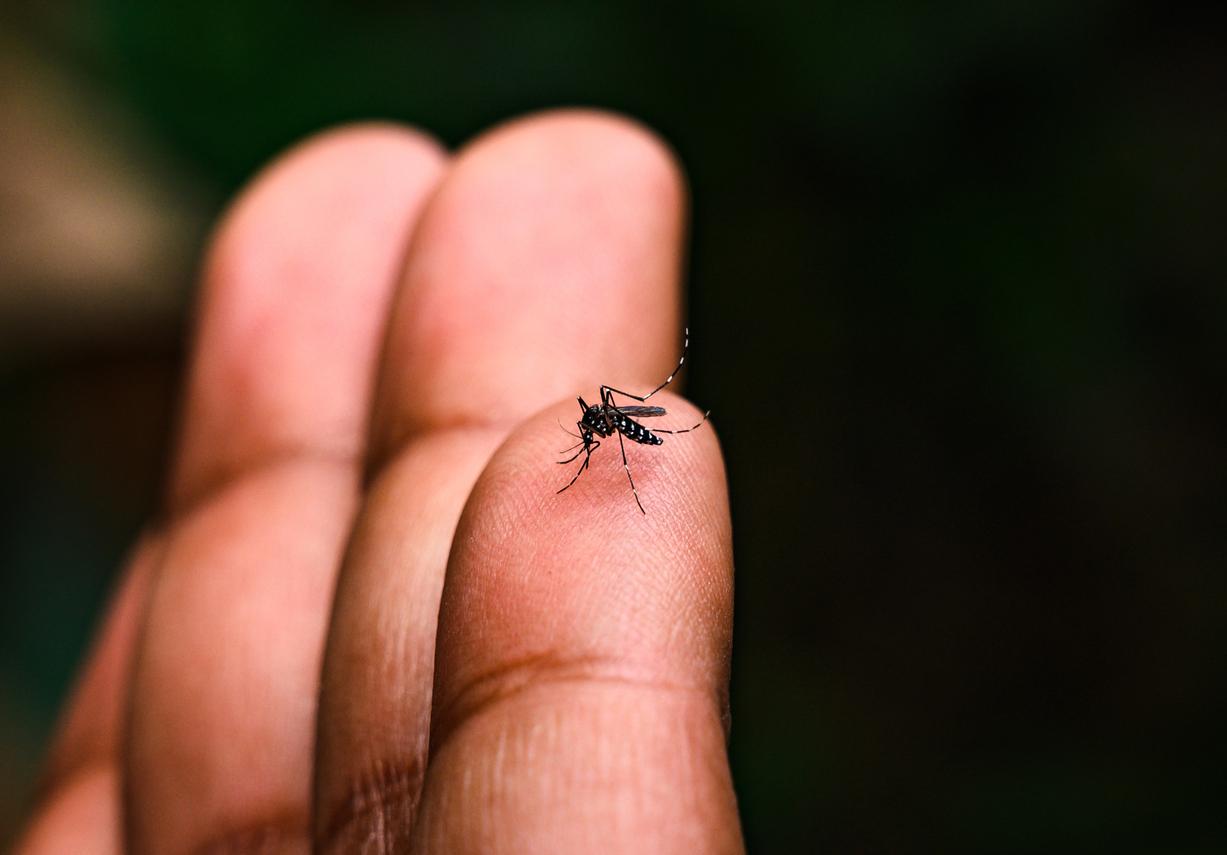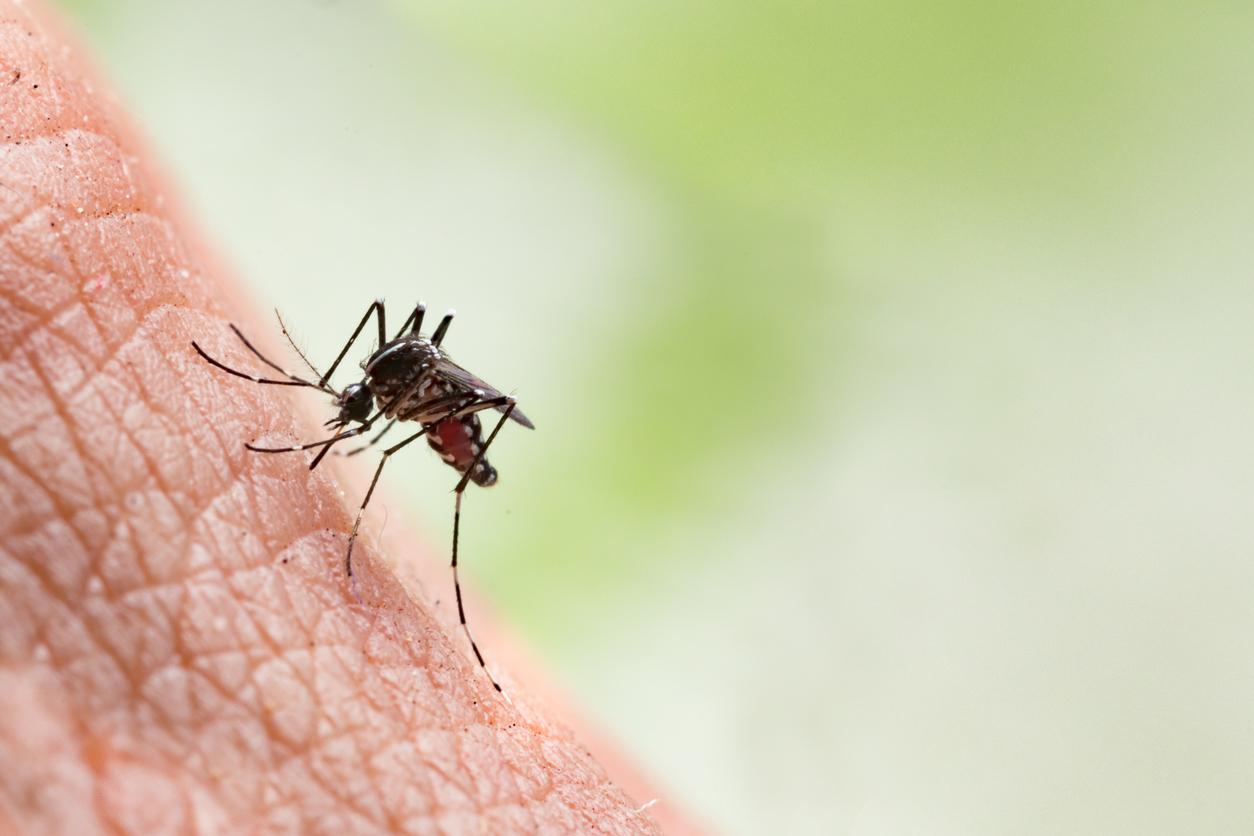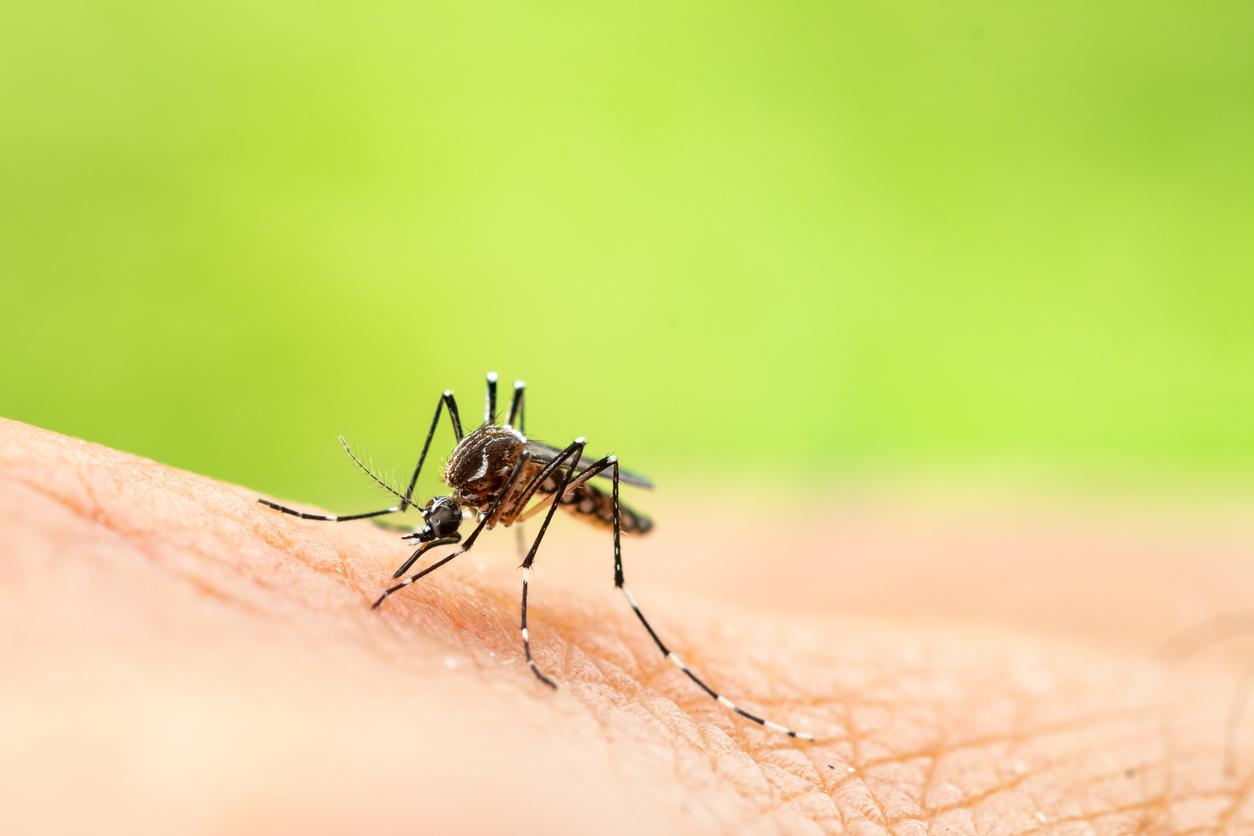The Philippines has just authorized Sanofi Pasteur’s vaccine against dengue, two weeks after Mexico.

After Mexico, it is the Philippines’ turn to give the green light to Dengvaxia®, the dengue vaccine produced by the Sanofi Pasteur laboratory. Dengue is a viral disease transmitted by mosquitoes of the species Aedes aegypti.
We count 390 million cases per year of which 96 million present clinical manifestations. In this case, dengue fever causes severe headache, muscle and joint pain, vomiting and fever. Once the temperature drops, abdominal pain, fatigue and bleeding take over.
Asia and the Pacific countries are the most affected by this endemic disease. 70% of global cases are indeed diagnosed there. The fact that a country in this zone adopts the vaccine for the first time is therefore a real step forward.
A long story
Dengvaxia® is a tetravalent vaccine which aims to prevent the onset of dengue fever in preadolescents, adolescents and adults under 45, who live in areas at risk. Before putting it on the market, the laboratory conducted 25 clinical trials in 15 different countries, involving 40,000 people.
According to his estimates, by vaccinating at least 20% of the population over the age of 9 in these countries, the weight of dengue fever could be reduced by 50% in five years.
20 years of research and 1.5 billion euros in funding were necessary for the development of this vaccine, all the more crucial since there is currently no treatment against dengue.
Sanofi Pasteur could produce 100 million doses per year by 2017, to meet growing demand. Other countries will indeed follow the example of the Philippines and Mexico. The laboratory specifies that it has already received requests for approval in around twenty countries, mainly in Asia and Latin America.
.

















